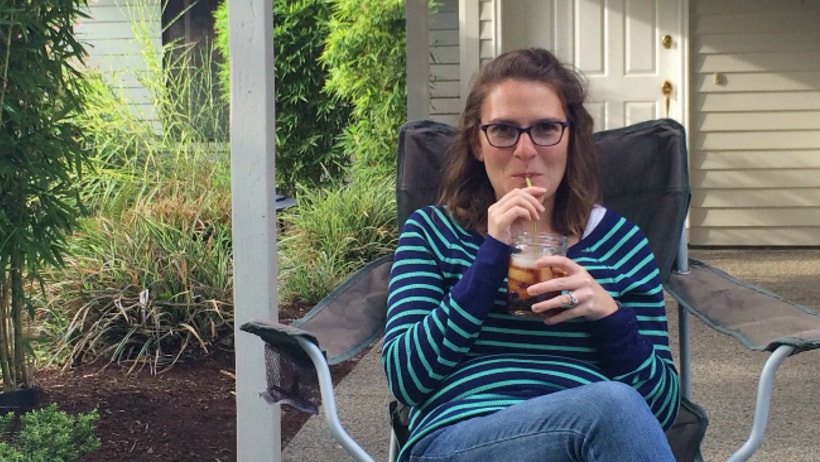I am a suburbanite through and through. While other people live and die by the big city and the need to be part of it, as Steve Perry knows, I’m just a small town girl. I like being big-city-adjacent. I feel much more at home in my personal vehicle than taking public transportation. Crowded cities like New York throw me completely out of my comfort zone, and to this day I still don’t like having to drive somewhere that doesn’t have ample parking.

The environments where we were raised and those where we feel most comfortable say a lot about us. The rush of downtown life and having everything conveniently accessible by subway (or Uber) is right for some people, and others prefer large open spaces with miles and miles between neighbors. City or country, suburb or village, every type of place in which to live comes with its own blessings.
This week we read parshat Ki Tavo, the section of the Torah that reminds us again of the blessings and curses that come to us as we choose to follow or ignore the laws of the Torah. Specifically, we learn of the requirement to make an offering of “first fruits” for the priests in the Beit HaMikdash, and the different ways in which we are supposed to thank God and give praise (before prayer was a daily activity). Finally, the text reminds us of how we’re supposed to take time to rebuke one another when we’ve taken a misstep and the ways in which we can do so with compassion and kindness.
Within this list of blessings comes several examples of where we should be blessed. Chapter 28 reads:
“All these blessings shall come upon you and take effect, if you will but heed the word of the Lord your God. Blessed shall you be in the city, and blessed shall you be in the country . . . blessed shall you be in your comings and blessed shall you be in your goings.”
The bottom line is God will reward you for your service to the community, whichever community that is. What the Torah doesn’t say is what each type of blessing might look like. In the city perhaps a blessing is to live in a good neighborhood with good schools. Perhaps we should be blessed to live near resources or luxuries that enrich our lives. In the country perhaps the blessing is a plentiful crop, or wide open space to meditate and enjoy.
The Torah is distinctly vague in what this blessing might be to remind us to discover those blessings ourselves. What feels like a blessing to me (plentiful parking) might be a curse to you because you see paradise paved to create my parking lot. And your urban jungle might feel like a blessing to you, but to me, crowded trains and one-way streets are the worst. At the Pesach seder when we remove drops of wine from the second cup to recall the plagues, I like to take out one extra drop of wine for one-way streets.
Anyway, the Torah reminds us that the choice of where we settle brings its own blessings. And the blessing itself is individual and what we make it. This is the perfect little note-to-self that a blessing is that little pause for a minute to simply look around and recognize the good we have found in our own space.
-Rabbi Eve Posen
Source: The Not-So-Fast Lane – Parshat Ki Tavo 5775 – Rabbi Eve Posen



